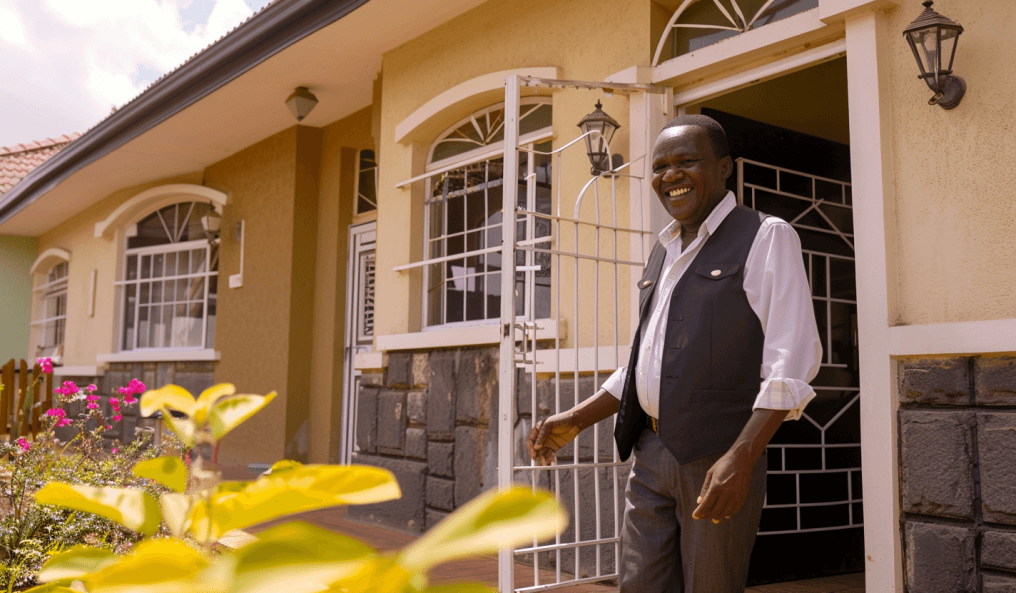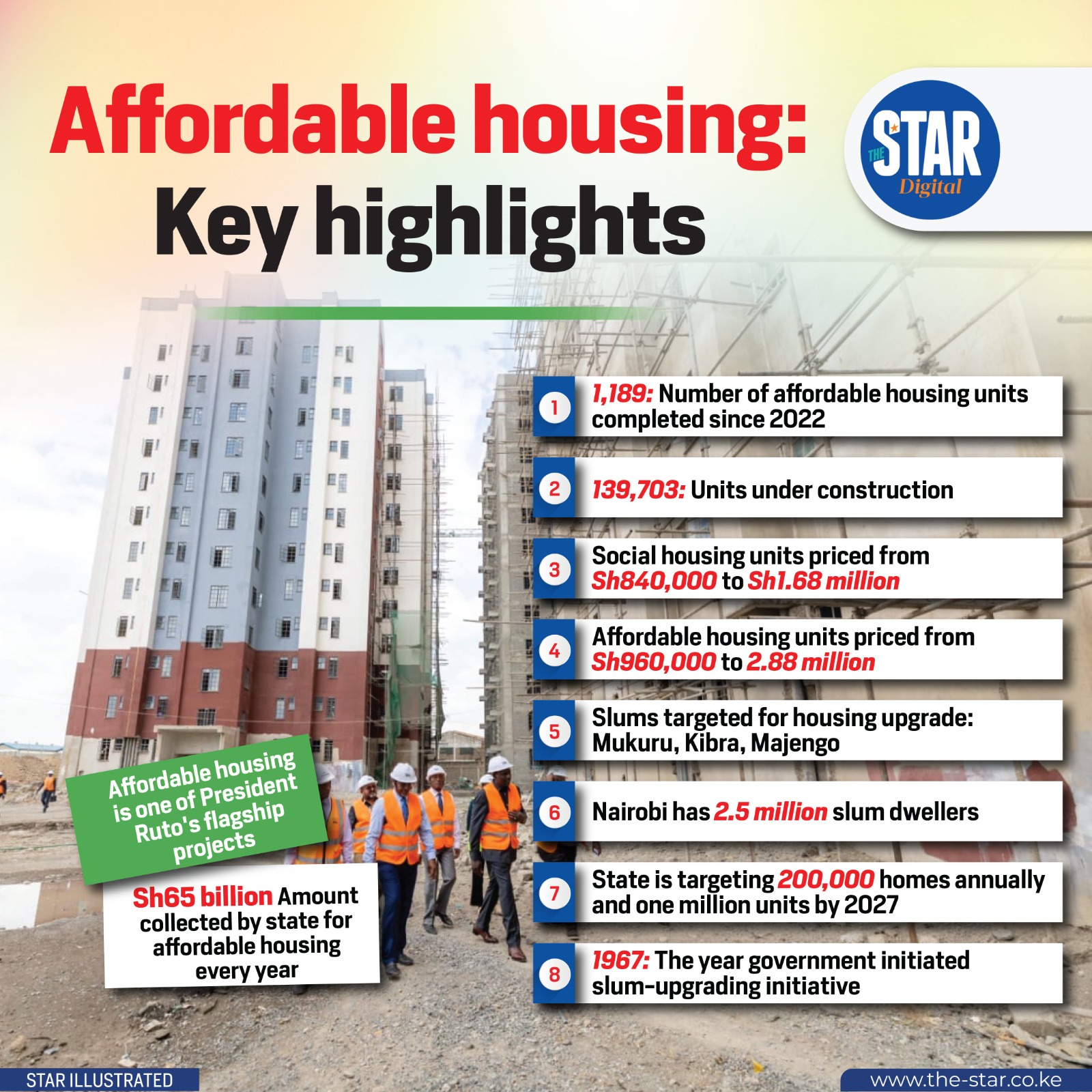In 2023, the Kenyan government introduced the Housing Levy as part of its push to bridge the country's housing deficit. While the initiative promises to make homeownership more accessible, many Kenyans remain divided over its viability and implications.
What Is the Housing Levy?
The housing levy requires employees to contribute 1.5% of their gross salary towards the affordable housing fund, with an equal match from their employers. These contributions are directed into financing government-backed affordable housing projects.
Objectives Behind the Levy
- Mobilize funds to support large-scale housing development
- Stimulate job creation in the construction sector
- Reduce the housing shortfall estimated at over 2 million units
- Enable salaried Kenyans to qualify for affordable homes under Boma Yangu
Is It a Good Investment for Individuals?
From a personal finance standpoint, the housing levy may benefit individuals who plan to participate in the Boma Yangu program. Contributors are prioritized when affordable units are allocated. However, for others, the levy may be seen as a forced saving without immediate returns.
The structure of the program also raises questions:
- Will contributors eventually own a house?
- Is there transparency in how funds are managed?
- What happens to the contributions of those who don’t qualify for houses?
Real Estate Sector Impact
Despite the public concerns, the housing levy is expected to boost real estate development through increased funding for projects. It creates predictable cash flows for developers and could attract private investors to partner with the government in constructing housing units.
Economic and Investment View
Economists argue that the housing levy is an innovative way to mobilize domestic resources for infrastructure development. If implemented transparently and efficiently, it can stimulate the economy by generating construction jobs, increasing demand for building materials, and creating ripple effects in financial and service sectors.
Risks and Challenges
- Lack of trust in government fund management
- Concerns about forced contributions without consent
- Legal battles surrounding the constitutionality of the levy
Conclusion
Whether or not the housing levy is a good investment depends on the implementation and transparency of the program. For Kenya’s real estate market, it presents new funding opportunities and could reshape the affordable housing landscape. However, for individual contributors, it remains a controversial topic that demands further clarity, accountability, and communication from the authorities.




